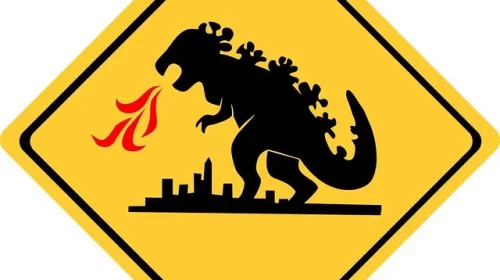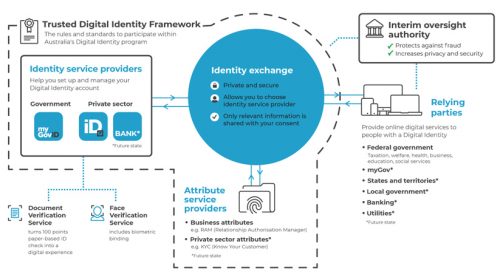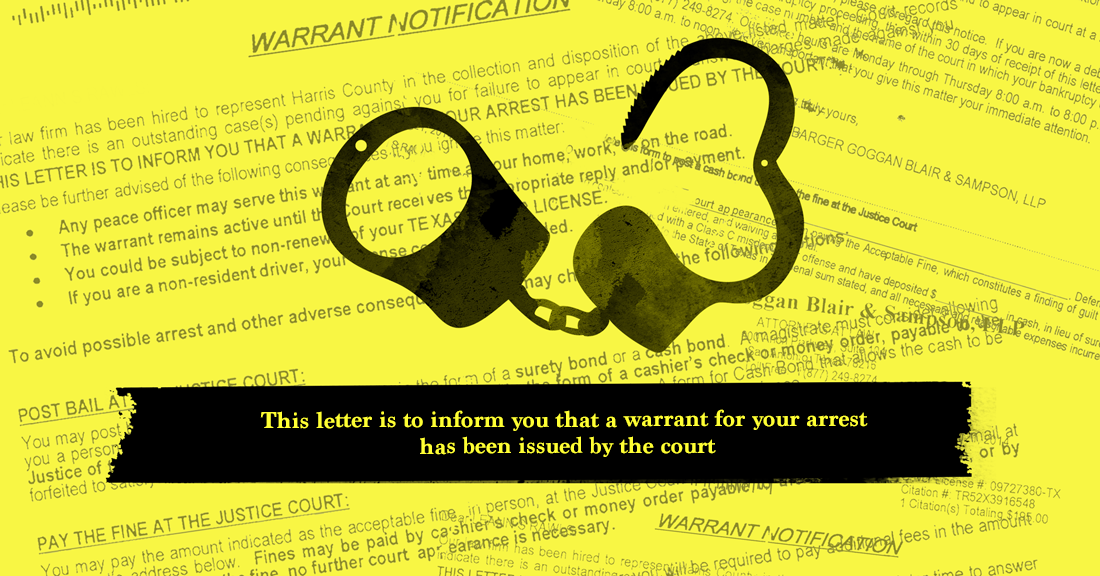ABOVE THE LAW – Threatening letters from a government debt collector
A CNNMoney Investigation by Blake Ellis and Melanie Hicken
Americans across the country are getting scary debt collection letters – threatening arrest, suspension of their driver’s license or garnishment of their wages — over what sometimes seem like minor offenses.
Many of these letters are from Linebarger Goggan Blair & Sampson, one of the nation’s largest government debt collectors.
The firm is hired by state and local governments to collect everything from property taxes to water bills, and these government agencies have the power to carry out harsh consequences to get debtors to pay up.
Georgia resident Jesse Franklin received this letter, warning him that he could be arrested at any time for an unpaid traffic ticket. Since he hadn’t driven in years and had never been to the part of Cameron County, Texas where the alleged violation occurred, Franklin was scared and confused.
Franklin fought the bill for months, and Linebarger finally stopped coming after him after Cameron County dismissed the ticket. Cameron County court officials did not respond to requests for comment.
Typically, missing a court date is one way a seemingly harmless traffic ticket can turn into an arrest — or even jail time. And depending on the state, arrest warrants can stem simply from failing to respond to a ticket, which many courts consider a failure to appear. Some courts also say that arrest warrants are simply a way to get people to settle their fine or challenge the violation in court.
But many consumers say they are never notified of their first chance to appear in court, and are suddenly hit with these frightening letters out of nowhere.
Consumer debt collectors – who go after unpaid credit card bills or auto loans, for example — are barred from misleading consumers with threats and can rarely put someone in jail. Linebarger, however, is empowered to use threats like arrest because the government agencies it works for are allowed to take such extreme actions to get people to pay up.
Critics say this allows the firm to scare consumers into paying their bills, whether or not the amounts they are told they owe are legitimate.
“It brings a certain intensity that most private sector collectors can only dream of being able to employ,” said Alex Kornya, assistant litigation director at Iowa Legal Aid.









